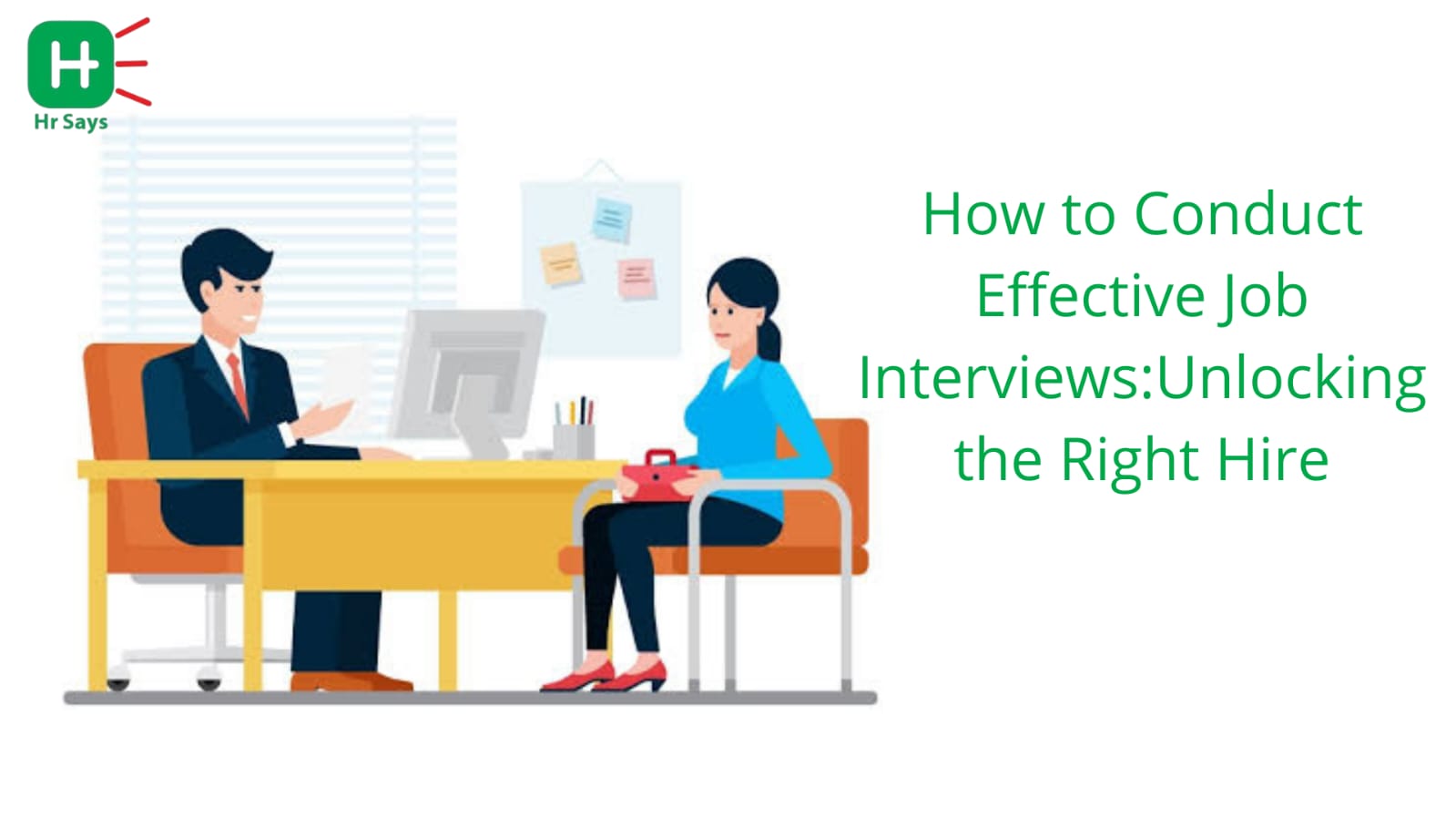How do you make an interview successful? It is not centralized on questions but more on the establishment of a situation where both parties can intercapitulate. The job interview should not be a kind of a test when managed professionally will turn into a discussion that reveals possibilities.
The Foundation of a Good Interview
The preparation is the rule of every good interview. Conducting the interview without prior preparation can make interviewers fail to capture crucial information regarding the job candidate. The process must be made meaningful by taking planning seriously.
Preparing Beforehand
Preparation does not stop at reading a resume. It goes deeper:
● Reviewing the job role thoroughly
● Understanding the required skills and soft traits
● Structuring questions in advance
● Checking for alignment with company culture
Creating the Right Atmosphere
A tense environment can block honest answers. A calm and respectful tone allows candidates to express themselves freely. It shows that the organization values open communication.
Building Comfort
Interviewers should start with light, open-ended questions. This helps in setting a rhythm and makes the candidate less guarded.
Respect and Neutrality
Maintaining eye contact, active listening, and avoiding interruptions signal professionalism. Neutrality in tone ensures the candidate is judged only on merit.
Asking the Right Questions
Questions define the quality of information received. If they are vague, the answers will be the same. Clear, targeted questions bring out real insights.
Types of Questions to Include
● Behavioral Questions: Explore past actions to predict future behavior.
● Situational Questions: Place the candidate in hypothetical scenarios.
● Skill-Based Questions: Directly test technical or role-specific knowledge.
Avoiding Pitfalls
Leading questions or overly complex ones may confuse candidates. The goal is to reveal abilities, not to trap them.
Listening More Than Speaking
Often, interviewers dominate the conversation. But the focus should stay on the candidate. By speaking less and listening carefully, interviewers can uncover subtle cues.
Key Listening Points
● Tone and clarity of answers
● Confidence versus hesitation
● Examples that demonstrate practical skills
Evaluating Beyond Words
A good interview looks past rehearsed answers. Observation of non-verbal cues like body language, posture, and eye contact can provide useful insights.
Balanced Assessment
Candidates should be assessed not just on technical fit but also on adaptability and willingness to grow.
Conclusion
An effective interview blends structure with empathy. It is about preparing well, asking smart questions, and listening actively. When done right, interviews become more than a selection tool. They transform into a fair process that benefits both employer and candidate.

 Effective job interviews rely on preparation, the right environment, and thoughtful questioning. By listening actively and assessing holistically, interviewers can identify true potential. Balanced interviews create value for both the candidate and the organization.
Effective job interviews rely on preparation, the right environment, and thoughtful questioning. By listening actively and assessing holistically, interviewers can identify true potential. Balanced interviews create value for both the candidate and the organization.








.jpeg)
.jpeg)

.jpeg)





.jpeg)



.jpeg)

.jpeg)



